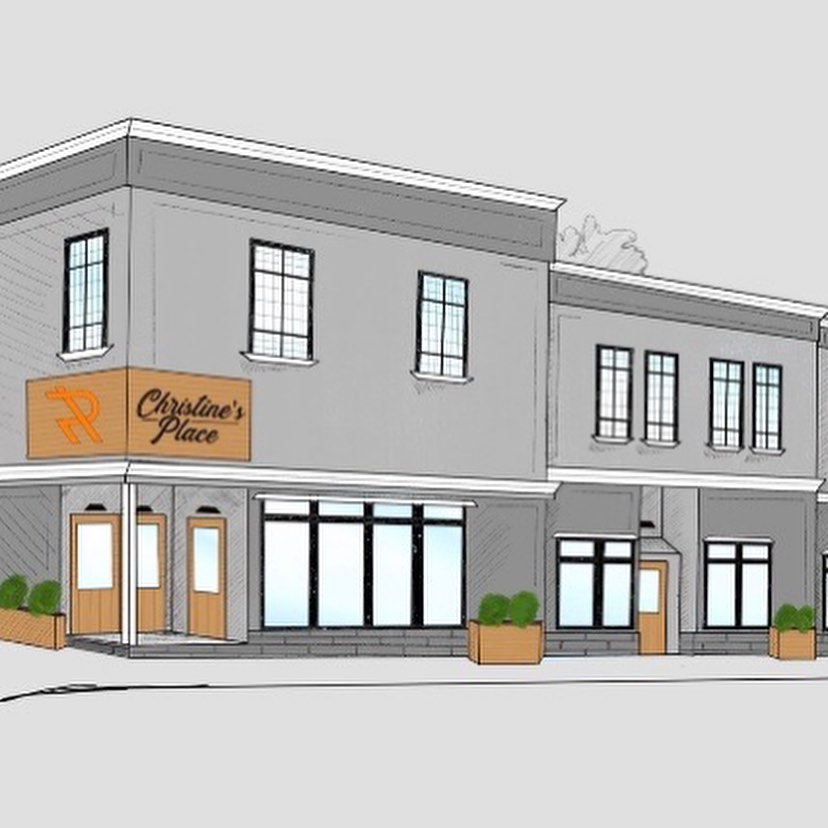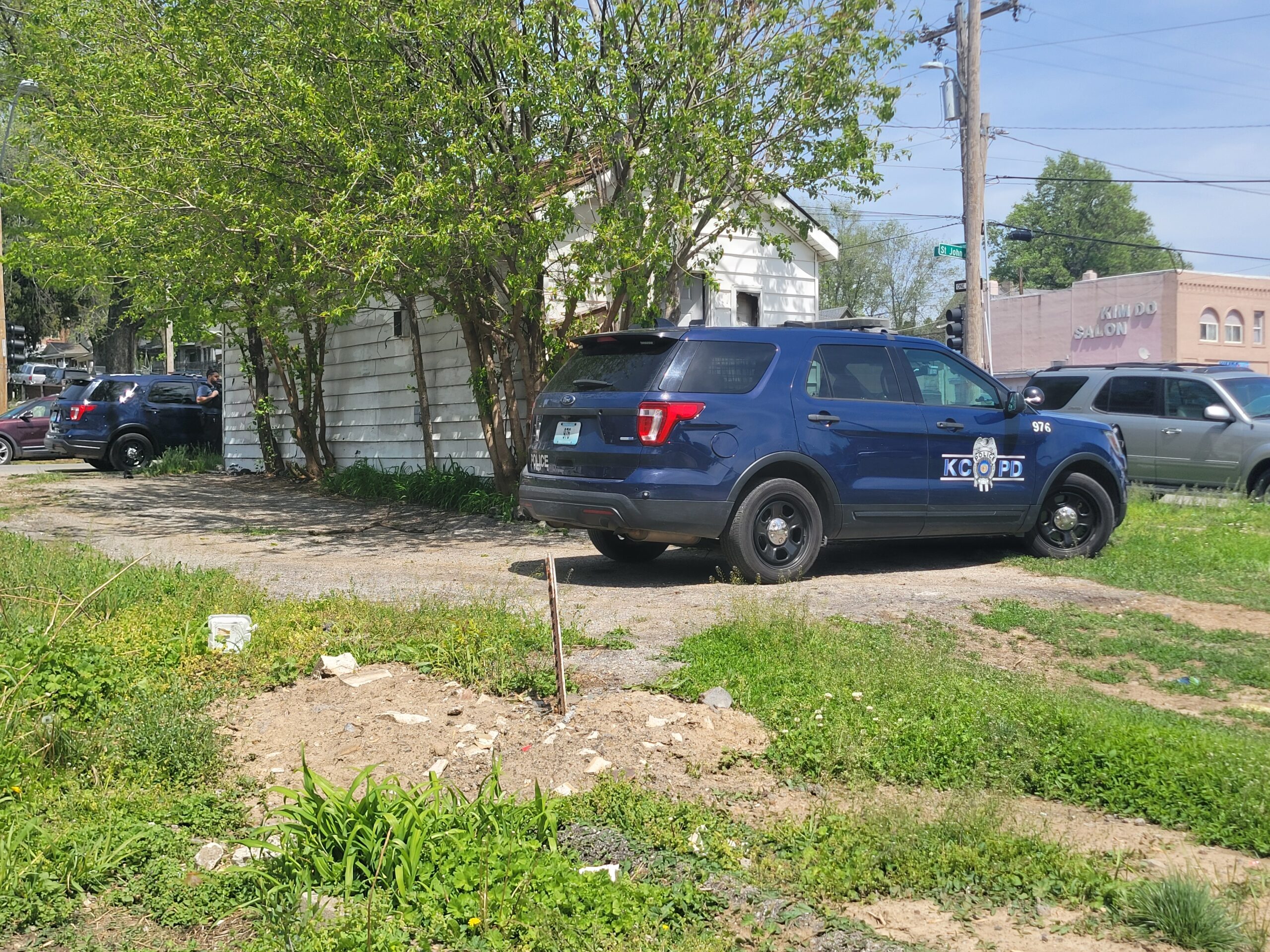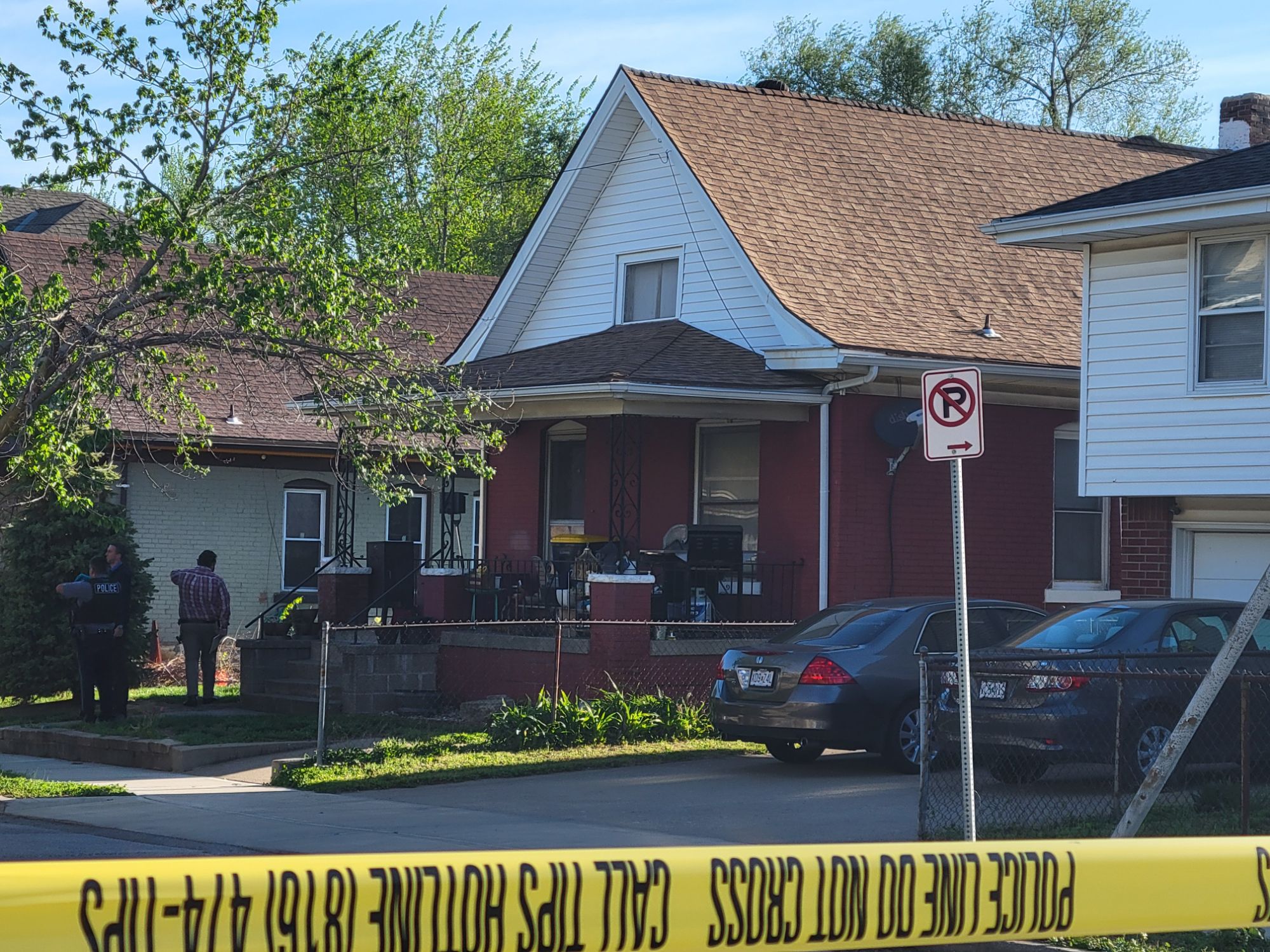
Abby Hoover
Managing Editor
For those familiar with the fight to end prosititution on Independence Avenue in Northeast Kansas City, Christine McDonald is an obvious resource.
McDonald was prostituted on Independence Avenue for 17 years before finding her escape and making it her life mission to help women experiencing the same situation she refused to let define her.
She has written two books about her experience, amplifies the voices of women without one, and is now bringing physical solutions to the avenue.
Christine’s Place will be located in the four connected buildings at the corner of Independence and Quincy avenues. The purpose of the future crisis response center is to be a non-judgemental place for prostituted people from all backgrounds and races to seek resources and safety.
McDonald said the center will create choice – especially once the women see it as a trusted resource – and provide a pathway out of prostitution. She said since time is money to them, this resource needs to be convenient and meet them where they are.
“I guess it’s multi-faceted, number one, the girls have a place to go consistently to take a shower, grab a sandwich,” McDonald said. “They have needs, their challenges that got them into the places where they’re at oftentimes have left them excluded and invisible, or dropped through the cracks of systems and institutions.”
She is working with Relentless Pursuit Outreach and Recovery, an organization dedicated to ending sex trafficking and helping victims recover and heal.
Lee Gibson, founder and executive director of Relentless Pursuit, has a background in law enforcement, firefighting and military service. Working hand in hand, Relentless Pursuit and Christine’s Place will address the business of prostitution from all angles.
“The reality is, if we didn’t have buyers, we wouldn’t have traffickers exploiting our most vulnerable,” McDonald said.
Gibson is now focused on stopping human trafficking by eradicating the demand. This includes working with Attorney General’s Human Trafficking Task Force, the Missouri Highway Patrol, other federal and local law enforcement agencies, and partners like McDonald.
“We’ve been trying to arrest our way out of this, and that hasn’t worked,” McDonald said. “[The prostitutes] go in, they get arrested, they move them to another corner, and then we create insurmountable barriers by giving them a criminal record that when it is time to get out, nobody wants to rent to them, nobody wants to hire them, nobody.”
They purchased the building from Joe Vento, who retired and closed his barber shop earlier this year. Gibson is optimistic that the drop-in center will be open by the end of the year, but other renovations will be a long-term project.
McDonald said the problem is already present in Northeast, and giving the women somewhere to go during business hours will be a benefit to business owners and residents, who are often the ones who complain or call the police because of their presence.
“The Northeast is a curious community,” McDonald said. “You have this simultaneous existence of a world of businesses that are operating daily and homes where they’re growing up families, going to work, going to school, and then you have this other population in the community, which exists simultaneously, which is of course our exploited, our trafficked, our prostituted, sometimes addicted, sometimes struggling with mental health challenges, these two very opposite spectrum cultures.”
The drop-in center will provide basic needs like hot meals, showers, hygiene supplies, access to washers and dryers for laundry, clean clothes and access to healthcare support.
“Even a sandwich comes at a cost, even something as simple as going to sleep in safety comes at a cost, or the privilege of having healthcare, being treated, comes at a cost, and whether that’s your body being exploited or whether that’s a monetary cost, the rest of the world doesn’t operate in that same way,” McDonald said, referencing her two books, Cry Purple and The Same Kind of Human.
Additionally, it will also provide someone to talk to about any mental health needs, help finding shelter or investigating housing options, connecting with job search and employment assistance, and access to computers, phones and mail.
“You can choose to come in here and you can choose to go back out, but hopefully every time you choose to come back in, you’re reassured that you are worth a pathway out,” McDonald said, knowing from experience that not everyone will decide to take life-changing steps the first time they visit.
Gibson said they are taking full advantage of the resources that are already present in Northeast Kansas City and throughout the state, and he has been compiling a list of shelters, drug rehabilitation centers and other non-profits to help anyone who comes in to find the right fit. Additionally, they are meeting with representatives from the Northeast schools near the property to make sure everyone is on the same page.
“For an example, Samuel U. Rodgers will be sending over a mobile unit at least twice a week to do healthcare, sign up the girls for Medicaid, making real community partners to be able to offer holistic recovery if the girls want that,” said Jennifer Mahoney, who works with Relentless Pursuit and is on the Board of Directors for the Mattie Rhodes Center.
Mahoney said the endgame is to have a vocational piece of recovery to the center. Eventually, they envision the drop-in center being accompanied by businesses in the adjoining storefronts that are willing to provide training and employment for former prostitutes, and goods or services to the community.
“I’d never had a job and when I tried to get some services when I was in my 30’s, people had told me that my arrest record was too long,” McDonald recalled. “I had felony convictions and my chances at success were too small because my barriers were too huge.”
Although they are only in the very beginning stages, Gibson knows the second floor of the building will need a lot of work. It will ultimately be a crisis shelter for women who need somewhere safe. The crisis shelter is intended to be a safe haven for individuals recovered from human trafficking situations by law enforcement. The shelter will assist in the stabilization to the point of transitional housing or long-term residential sheltering.
“This isn’t our great idea, we’re modeling this after other big cities that are finding success,” Gibson said, noting that their plan is modeled after REST in Seattle, Wa. and Awaken in Reno, Nev., among other successful operations.
“If we could start shifting those conversations about, ‘We need to do something about these girls’ to, ‘We need to understand there are men driving from all over the state and across the state line, other counties, to pay for these girls,’” McDonald said. “Some of these girls grew up in Northeast and now they’re being paid for by people who are not necessarily from the Northeast community.”
Years down the road, Gibson would love to see the need for such a center dwindle until it is no longer necessary in Northeast. Until then Christine’s Place will seek to provide a way out of prostitution for those in the area.
McDonald will be honored as the inspiration for an art installation in Lykins Square Park later this month. She will also sit on a panel to discuss her experiences concerning the topic of Human Trafficking and how she has turned her life around to stop the cycle of abuse and prostitution alongside representatives from Healing House and Veronica’s Voice.


















